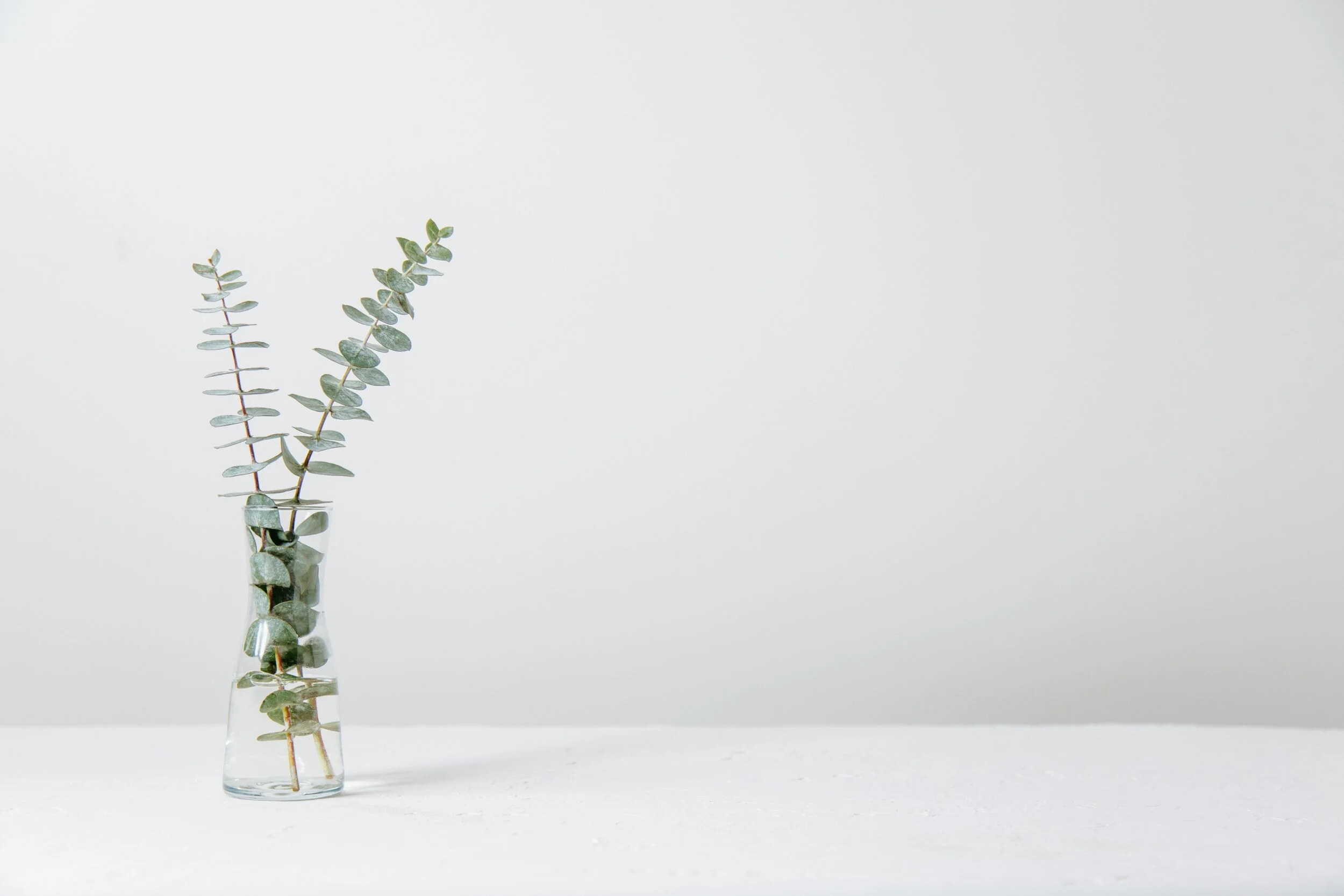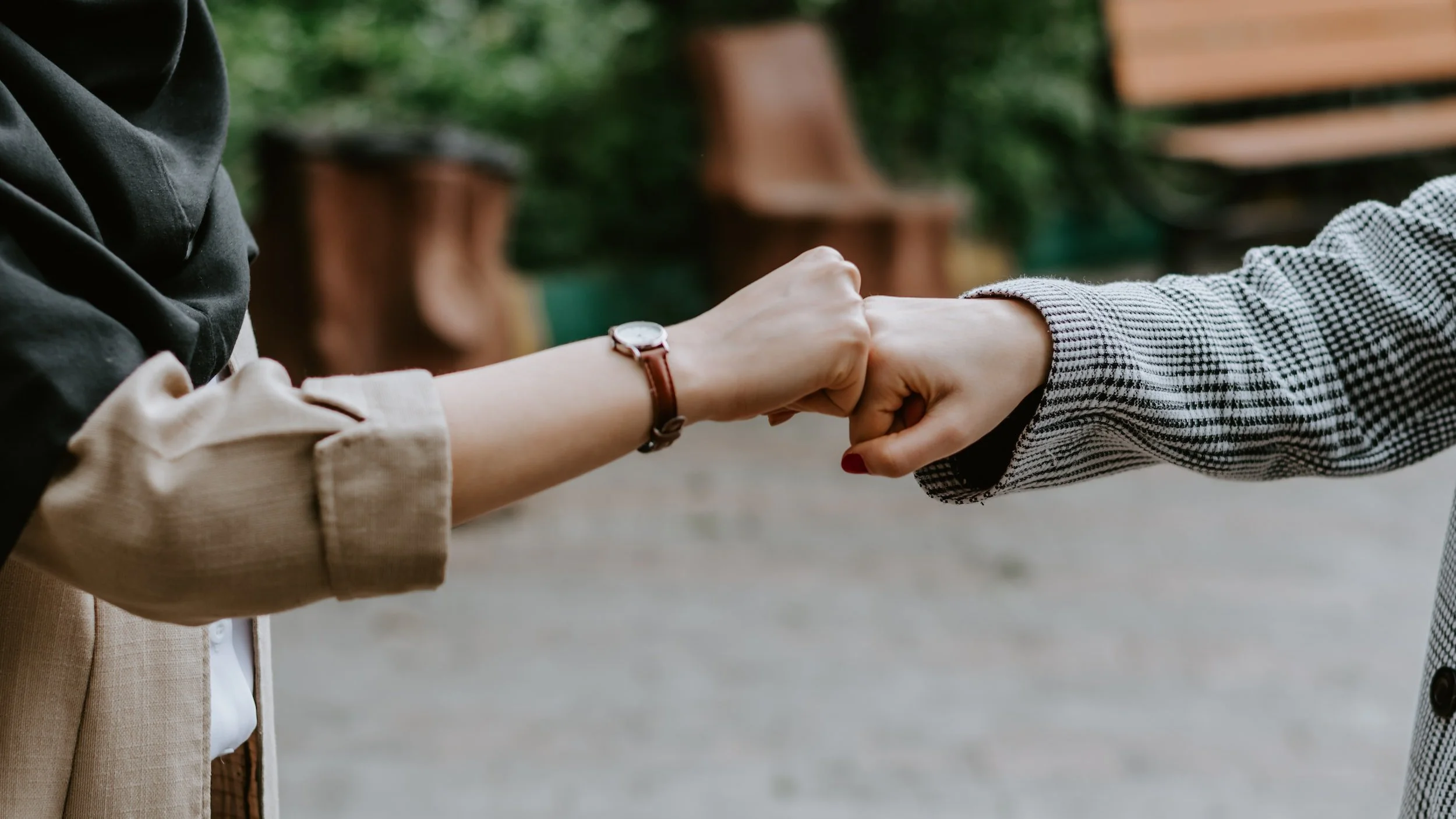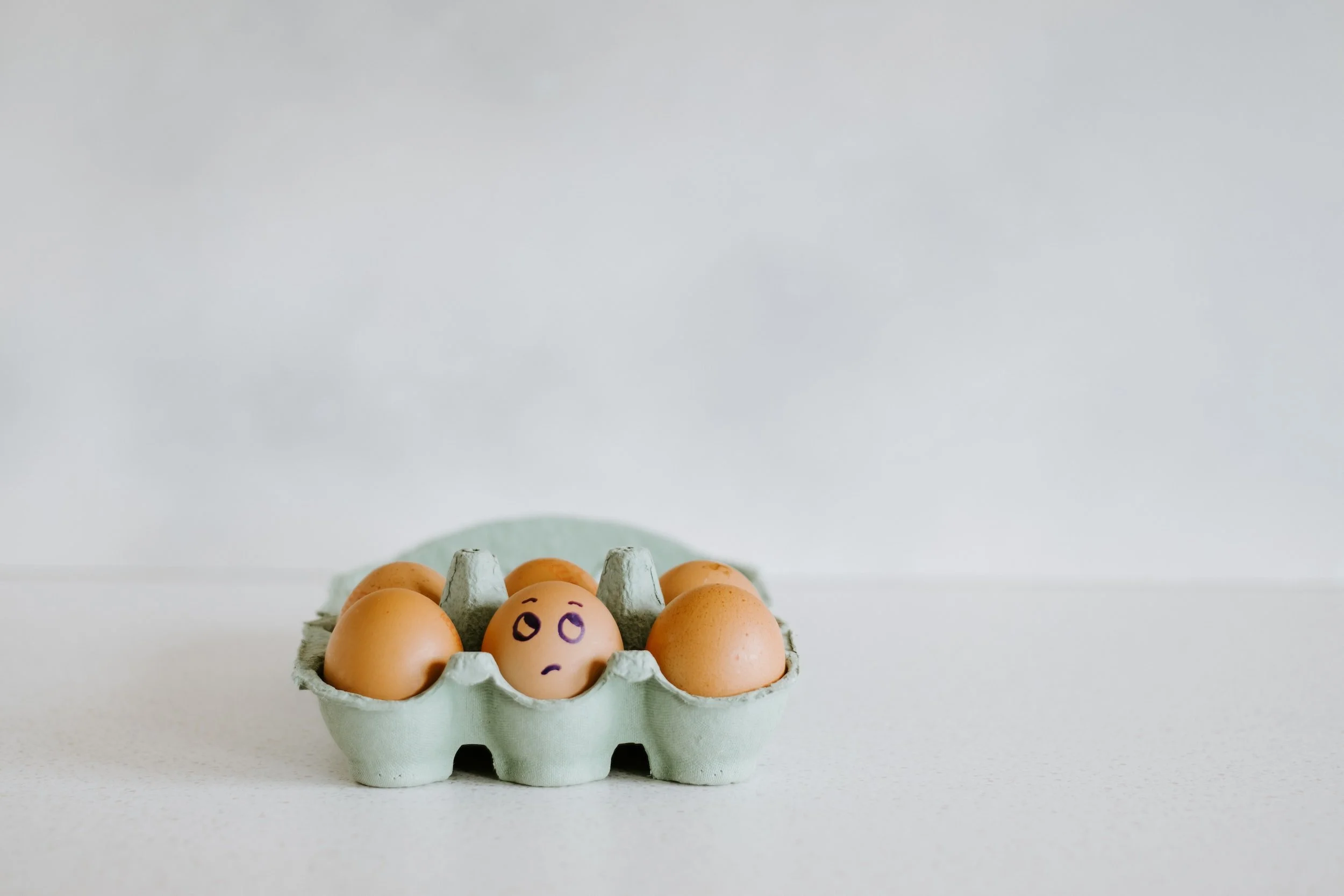Not sure when to stop therapy or how to bring up feedback with your therapist if it’s not working out? It’s common for clients to have a hard time talking to their therapist about things that concern therapy directly. Here, LA therapist Kim Bielak shares a few tips for having difficult conversations with your therapist, and a few things to keep in mind.
What do I do if I think my partner is cheating?
The minute people suspect a partner is cheating, they often start to investigate. They ask questions like “Where were you?” “Who were you with?” and “Why didn’t you answer my call?” These questions can often put the accused party on defense, and become frustrated or even avoid the questions all together, only further adding to their partners concern.
Is codependent a dirty word?
I was recently invited to share my thoughts on codependency on fellow therapist Marissa Esqibel’s, podcast, “The Codependummy Podcast,” based on my experience as a clinician working with individuals and couples. And it got me thinking - rarely do I use the word “codependent” when working with clients because - like many terms in the mental health field - it’s become quite heavy with pre-existing stigma and negative connotation.
And yet one of my favorite things about our conversation was the opportunity to normalize the idea of codependency - explaining how it makes sense that people often enter relationships this way, and even share some personal experiences related to codependency of my own.
Why don't therapists give advice?
"Just tell me what to do."
It's one of the most common things I find my clients saying without - you know - actually saying. Sometimes it's a look in their eye, as they long for me to be the one to save them from the uncomfortable silence. Sometimes it's a subtle sense of frustration in their voice, as they recalibrate their expectations around what they thought therapy would be. And, of course, there are the clients that just lay everything out in front of me and ask: "So now what?"
How to stop comparing yourself to others
One of the biggest things I do as a coach and as a therapist is hold a mirror up for my clients.
Mirrors make it possible to see some of the things we can't from our own limited point of view, and while often many of these reflections tend to be patterns and beliefs we may have previously been unaware of, I've found that one of the most consistent and significant ways I serve my clients is to mirror the unique strengths and qualities in themselves they simply seem unable to accept.
One of the biggest reasons you always go for unemotionally available people
How much you like them...
How they treat you is more important than how much you like them.
There's a big difference between liking someone - even loving someone - and being in the relationship you want. But to a great extent (hello rom coms and online dating apps!) we've been trained to focus on the partner, rather than the relationship. Do I like them? Do I find them attractive? Are they smart/confident/successful/interesting/funny enough to swipe right?












